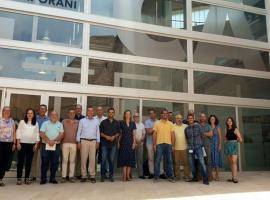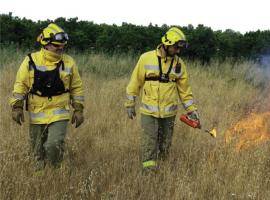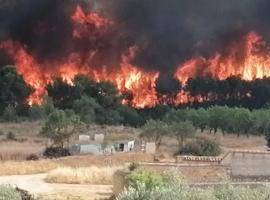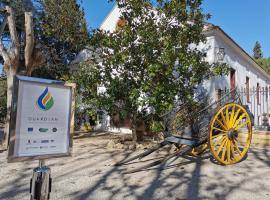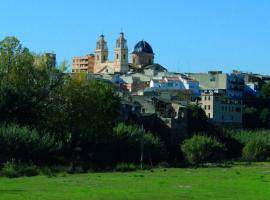La Vallesa Forest is an enchanting protected natural area nestled within the Túria National Park, known for its significant ecological and scenic value (Figure 1). It is a typical Mediterranean forest dominated by Aleppo pine, olive, and carob trees, with a diverse shrub layer comprising plants like rosemary, thyme, mastic, kermes oak, and broom. As for fauna, the forest boasts a wide biodiversity, ranging from eagles, owls, and kestrels to frogs, toads, snakes, stone martens, weasels, genets, foxes, wild boars, and squirrels, among others.
Mediterranean forests, like any other ecosystem, possess invaluable natural assets that are difficult to replace through human activities. They not only provide raw materials such as timber, food, or medicinal resources that are tangible benefits for humans, but they also offer numerous other valuable services. These services include soil protection against erosion, carbon sequestration, climate regulation, air quality improvement, as well as support for biodiversity conservation and habitat provision for various plant and animal species. In addition to the environmental benefits, Mediterranean forests play a significant social role, contributing to cultural and emotional well-being, recreation, education, and research. For example, La Vallesa holds historical remnants from the neighbouring municipalities of Paterna and Riba-roja de Túria, showcasing the interplay between nature and humanity. The forest still preserves a network of trenches and bunkers constructed during the Spanish Civil War, along with agricultural fields, primarily citrus orchards, benefiting from the proximity to the Túria River and an irrigation system to secure the necessary water resources for production.
Therefore, we can assert that the environment and the pristine state of the ecosystems within this natural environment generate a flow of environmental goods and services (ecosystem services, as we described those in a previous web article) of considerable value to the residents of the municipalities of Riba-roja de Túria and Paterna, where GUARDIAN has been implemented.

Over the years, numerous studies have been conducted to assess the social and environmental benefits associated with ecosystems and their management. It is widely recognized that forest management and conservation of forests and natural parks are economically viable when considering the collective social benefits of ecosystem services compared to the opportunity cost of development. However, justifying this economic viability is not always straightforward, as despite the countless benefits offered by Mediterranean forests, very few of them have explicit valuation. When it comes to goods or services that do not participate in the market, there is no indicator that can provide information about their scarcity or demand. Consequently, assigning a value to them becomes much more complex, and for this reason, they are often overlooked in decision-making processes. Within the framework of GUARDIAN, several methodologies have been assessed and applied to quantify the value of the entire set of ecosystem services. And now I will give you a quick summary of what Professor Francesc Hernández and his team from the Universitat de València (UV) have found.




